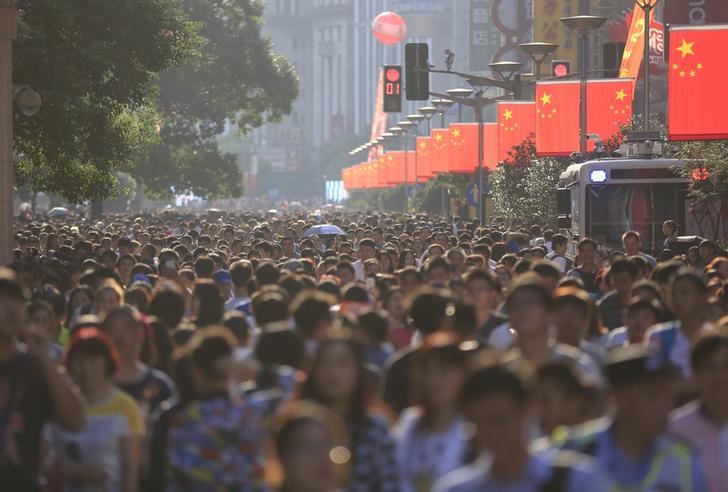This post was originally published on this site

Investing.com– Most Asian stock markets retreated on Wednesday as concerns over a global recession and interest rate hikes by the Federal Reserve eroded sentiment, with the scaling back of anti-COVID curbs in China doing little to deter selling pressure.
China’s Shanghai Shenzhen CSI 300 index fell 0.6%, while the Shanghai Composite index lost 0.7%. But while China outlined plans to relax its zero-COVID policy, the economic repercussions of the policy continued to weigh. Chinese exports and imports sank to their weakest level since mid-2020, data showed on Wednesday.
Beijing announced a further scaling back of COVID-related restrictions on Wednesday, including relaxed curbs on movement and business activities. The move comes after several major cities began easing curbs in the face of unprecedented protests against the government’s strict zero-COVID policy.
Still, the country faces its worst outbreak yet in terms of infections, with analysts forecasting near-term volatility in local markets as COVID cases increase.
Chinese technology stocks also took little relief from the scaling back of a U.S. proposal to place strict controls on semiconductor sales to the country. Hong Kong’s Hang Seng index sank 0.7%, while the Taiwan Weighted index, which is heavily exposed to China, lost 0.7%.
Broader sentiment towards Asian stocks remained weak, especially after top executives at several Wall Street banks warned of a potential recession in 2023. The warning severely dented sentiment towards risk-driven assets, also dragging Wall Street indexes lower.
Some stronger-than-expected U.S. data released this week also drove concerns that inflation will remain stubbornly high in the coming months, inviting more interest rate hikes by the Federal Reserve.
While the central bank is expected to hike rates by a relatively smaller 50 basis points next week, it has warned that sticky inflation will see borrowing costs peak at much higher levels.
Rising interest rates were the biggest weight on Asian stocks this year, and are expected to limit gains in the coming months.
India’s Nifty 50 and BSE Sensex 30 indexes fell 0.3% after the Reserve Bank hiked interest rates to an over three-year high, and signaled more hawkish moves to control inflation.
Japan’s Nikkei 225 index sank 0.7%, while Indonesian stocks led losses across Southeast Asia with a 1% drop.
Australia’s ASX 200 index slumped nearly 0.9% amid growing signs that a post-COVID economic boom in the country appeared to be running out of steam. The country’s third-quarter GDP grew less than expected, data showed on Wednesday.

